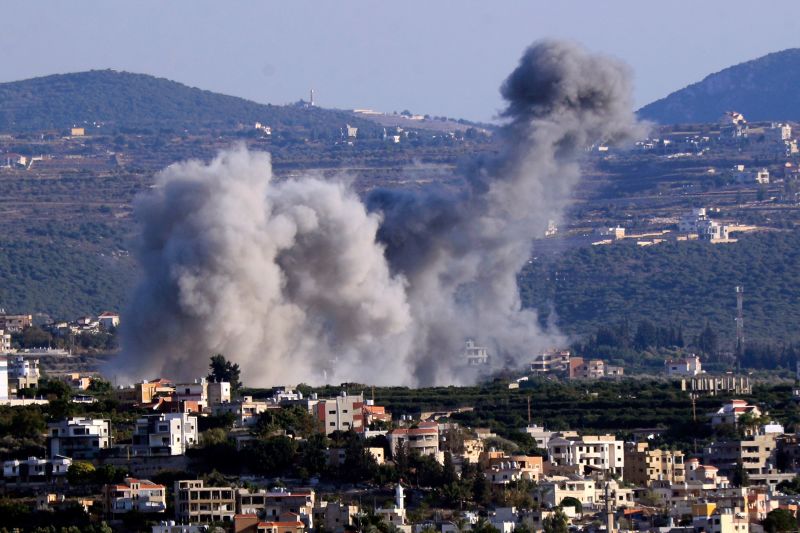
Israel Targets Military Sites in Iran Amid Regional Tensions
Today, the Middle East has once again taken center stage as Israel launched strikes on military sites in Iran. These attacks, according to the Israeli Defense Forces (IDF), target specific military locations and are described as retaliation against Iran’s alleged ongoing attacks on Israel. The strikes, which occurred in the early hours in Tehran, triggered explosions across the city, leading to a significant deployment of Iran's air defense systems. According to Iranian state media, the explosions were caused by air defense responses, with reports confirming that key facilities, such as Tehran’s Mehrabad and Imam Khomeini airports, remained unaffected. However, the sound of distant blasts was heard throughout Tehran, contributing to heightened tension among residents.
The strikes come on the heels of escalating conflicts between Israel and Iran-backed militant groups across the region. In the past weeks, Israeli forces have clashed with these groups in Lebanon and Gaza, with the Israeli government stating that Iran has been supporting a wave of attacks on Israel since early October. These clashes are part of a broader regional struggle, where the involvement of Hezbollah, a powerful Iranian-backed organization based in Lebanon, and the Palestinian group Hamas in Gaza has further complicated the situation.
Also Read:- Dodgers Honor Fernando Valenzuela in Game 1 of the World Series
- Raptors' Jonathan Mogbo and Teammates Discuss Excitement for Home Opener
The United States, while not directly involved in the strikes, was informed in advance by Israeli authorities. The Biden administration has been monitoring developments closely, given the potential global implications of these actions, particularly in terms of energy markets and regional stability. The U.S. had previously urged Israel to avoid actions that might disrupt critical Iranian infrastructure, including oil and nuclear facilities. This measured approach, U.S. officials believe, might mitigate risks of further escalation, especially in global markets where disruptions could lead to higher energy costs.
This latest move reflects Israel’s long-standing policy of countering perceived threats from Iran and its allies in the region. Historically, Israel and Iran have been at odds, engaged in what many have described as a “shadow war,” with Israel often targeting Iranian interests through direct strikes or covert actions. Tehran’s recent missile launches against Israel further fueled the current tensions, prompting Israel’s latest response.
Prime Minister Benjamin Netanyahu has defended these strikes, asserting Israel's right to protect itself. As he addressed the nation from a military bunker, he reinforced Israel’s commitment to respond to any hostile acts against its citizens. This comes as Hezbollah has reportedly increased its attacks along Israel’s northern border, with militants launching missiles and rockets against Israeli positions in Lebanon. In response, Israel has been conducting retaliatory actions, further intensifying hostilities and raising concerns about an expanding conflict zone.
As events continue to unfold, international leaders, particularly from the U.S., have been urging a resolution to prevent the conflict from spilling over into other regions. Diplomatic channels remain open, but both Israel and Iran show little inclination to scale down their engagements. For now, Israel maintains that it is acting in self-defense, while Iran insists on its sovereignty and rejects any foreign aggression. With the situation as complex as it is, the coming days are likely to be crucial in determining whether a broader regional conflict can be avoided.
Read More:

0 Comments